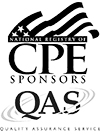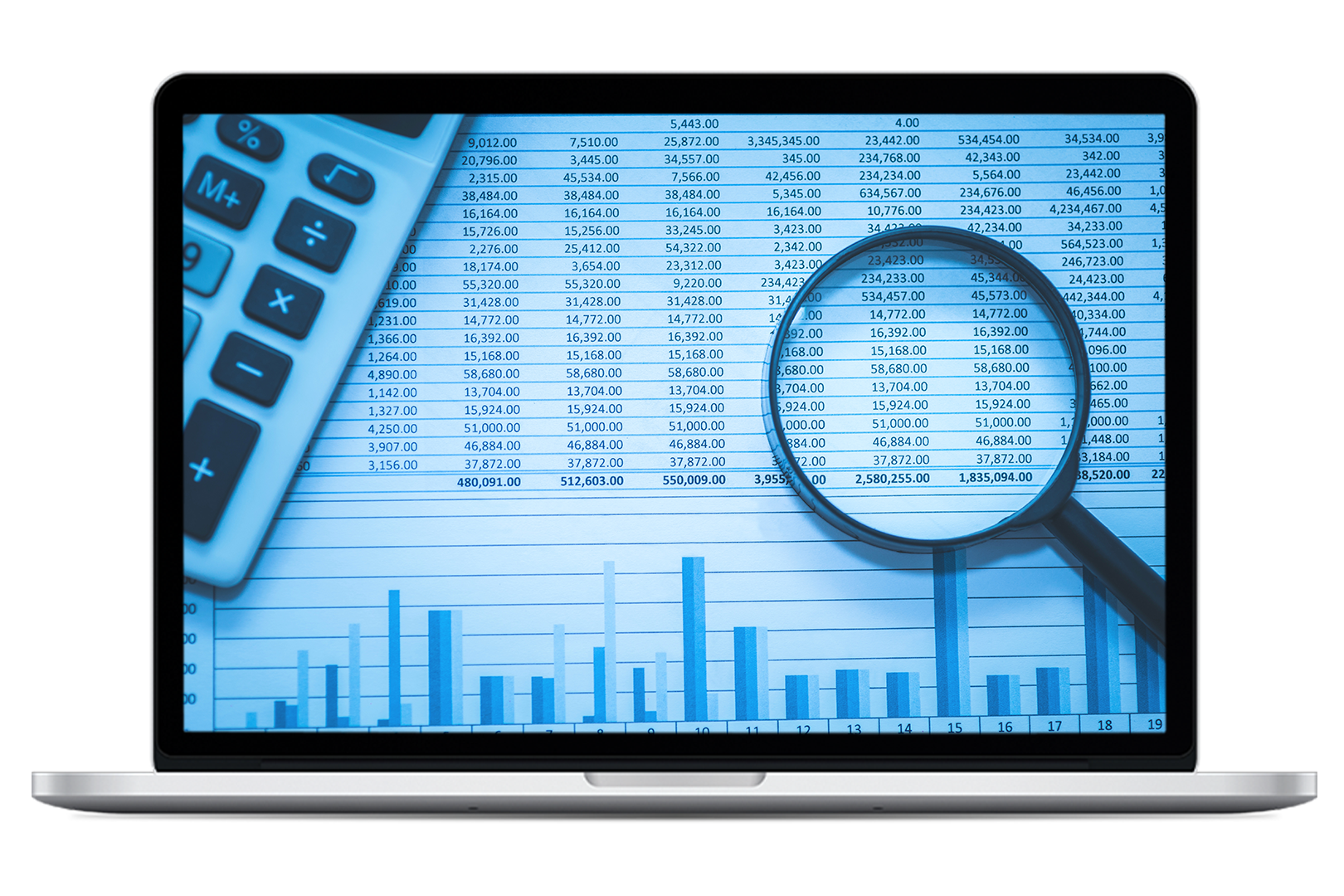Financial Investigations for Non-Financial Professionals

Basic
Online
Description
Financial statements can be daunting to non-financial professionals, yet many times that is exactly where fraud is concealed. Every fraud fighter needs a working knowledge of fundamental accounting principles and a familiarity with the structure of financial statements in order to effectively investigate allegations of fraud.
This course will prepare you to uncover indicators of fraud concealed in financial records, even if you’re not an accountant. You will review the essential financial statements and their components, the basic accounting principles that drive the numbers on these statements, examples of typical occupational fraud schemes that can be uncovered using financial statement and some rudimentary financial analysis techniques that can quickly point you toward suspicious activity.
Prerequisites
None
You Will Learn How To:
Recognize financial analysis techniques used to analyze financial statements.
Distinguish occupational fraud schemes by examining financial records and statements.
Determine how financial statements and records can be used to detect fraud.
Identify the fundamental accounting concepts used to prepare financial statements.
Table of Contents
| Lesson 1 | Introduction |
|---|---|
| Lesson 2 | What Is Accounting? |
| Lesson 3 | What Is a Balance Sheet? |
| Lesson 4 | What Is an Income Statement? |
| Lesson 5 | What Is a Statement of Cash Flows? |
| Lesson 6 | Putting Together the Statements |
| Lesson 7 | Basic Accounting Concepts |
| Lesson 8 | Financial Analysis Techniques |
| Lesson 9 | Financial Statement Fraud |
| Lesson 10 | Cash Receipt Schemes |
| Lesson 11 | Fraudulent Disbursements |
| Lesson 12 | Asset Misappropriation - Inventory and Other Assets |
| Lesson 13 | Corruption and Bribery |
| Lesson 14 | Obtaining and Using Data |
| Lesson 15 | Interviews |
| Lesson 16 | Role of Auditors |
| Lesson 17 | Conclusion |
CPE Information
| CPE Credit: | 4 |
|---|---|
| NASBA Information: | Accounting |
| Advance Preparation: | None |
| Last Updated: | December 2024 |
| Delivery Method: | QAS Self-Study |
Policies
CPE Credit
Please note: To be eligible for CPE credit, you must complete the final exam within one year of purchase date. You may only claim CPE credit for a course once.
ACFE Online Self-Study Courses
Features:
- 24/7 access to courses through your Internet browser
- Save time and quickly earn CPE credits with instant access, grading and printable certificate
- The flexibility to start or stop a course and pick-up right where you left off
- No additional shipping fees
Learn More about accessing your online self-study course
Learn More about online self-study courses and their features
System Requirements:
- Internet access: High-speed connection recommended
- Speakers required for video sound
 The Association of Certified Fraud Examiners, Inc. is registered with the National Association of State Boards of Accountancy (NASBA) as a sponsor of continuing professional education on the National Registry of CPE Sponsors. State boards of accountancy have final authority on the acceptance of individual courses for CPE credit. Complaints regarding registered sponsors may be submitted to the National Registry of CPE Sponsors through its website: www.nasbaregistry.org/.
The Association of Certified Fraud Examiners, Inc. is registered with the National Association of State Boards of Accountancy (NASBA) as a sponsor of continuing professional education on the National Registry of CPE Sponsors. State boards of accountancy have final authority on the acceptance of individual courses for CPE credit. Complaints regarding registered sponsors may be submitted to the National Registry of CPE Sponsors through its website: www.nasbaregistry.org/.
Ordering and Returns
Satisfaction Guarantee
If you are not 100% satisfied with any ACFE product, you may return it to us, provided it is in excellent condition, for a full refund of the item minus the cost of shipping. Toolkits and bundles may only be returned as a complete set.
Ordering & Returns Policy

